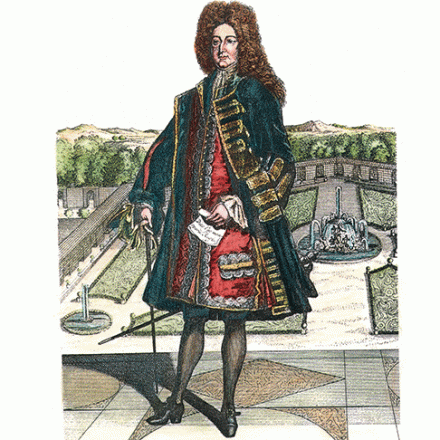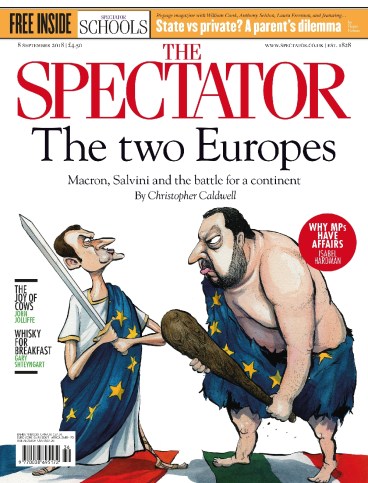A law unto himself
John Law was by any standards a quite remarkable man. At the apogee of his power in 1720, he was the richest private citizen in Europe and controller-general of finance in France, responsible not merely for the country’s income and expenditure but for its commerce, navigation, agriculture and industry. He created and presided over one











